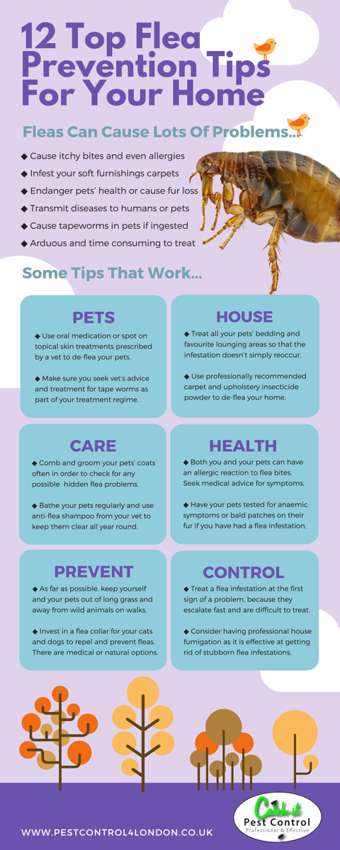Handling Pests In Your Garden: Approaches For Effective Control And Evasion
Handling Pests In Your Garden: Approaches For Effective Control And Evasion
Blog Article
Material Created By-Krarup Curtis
Are you tired of fighting an army of parasites that seem to have taken control of your once-beautiful yard? Fear not, for there is hope!
In this post, we will share with you some reliable tips for dealing with and protecting against insects in your yard. From recognizing common yard bugs to exploring natural therapies and preventive measures, we've got you covered.
So, if best ant defense prepare to redeem your yard and bring back its magnificence, keep analysis. You won't intend to miss out on these valuable understandings that will certainly aid you fight versus those bothersome invaders.
Identify Common Yard Vermin
Identify common yard insects by closely observing your plants and searching for signs of damages or uncommon activity. Watch out for:
- Eaten or yellowing leaves
- Holes in the foliage
- Wilting plants
Look for proof of bugs such as:
- Aphids, which leave sticky deposit called honeydew
- Caterpillars, which leave frass or droppings
- Routes of sludge left by slugs or snails
Take note of any unusual task, such as:
- Ants crawling on your plants
- abounding around particular areas
Natural Treatments for Parasite Control
To naturally control pests in your garden, attempt applying these effective approaches:
- ** Buddy planting **: Growing specific flowers, natural herbs, or vegetables together can aid push back pests. As an example, marigolds can deter aphids and nematodes, while basil can maintain mosquitoes and flies away.
- ** Natural predators **: Encourage useful pests like ladybugs, lacewings, and hoping mantises to your garden. They eat parasites like aphids, caterpillars, and beetles, keeping their populations in check.
- ** Homemade solutions **: Create all-natural sprays utilizing active ingredients like garlic, neem oil, or soap to deter bugs. These can be sprayed directly on affected plants or made use of as a preventive measure.
Protecting against Bugs in Your Garden
Execute these preventive measures to maintain bugs away from your garden.
- Consistently inspect https://howdoyouremoveasnakefromy51739.blogdal.com/26214128/acquiring-knowledge-concerning-varied-methods-and-techniques-for-eliminating-parasites for any signs of bugs or diseases. Early discovery can help prevent invasions from dispersing.
- https://were-raccoons-removed-fro84051.blog-gold.com/31849965/discover-the-real-price-of-parasite-control-services-do-not-let-bugs-take-a-bite-out-of-your-pocketbook-learn-just-how-much-to-budget-for-pest-control-man-solutions-currently by eliminating any kind of fallen leaves, weeds, or particles that can attract bugs. Maintain your garden spick-and-span to dissuade bugs from settling.
- Develop physical barriers by installing fences, netting, or row covers to maintain insects out.
- Use buddy planting to prevent insects. Plant certain blossoms and herbs along with your vegetables to perplex and repel parasites.
- Urge natural killers like ladybugs, birds, and frogs to visit your garden by offering them with food, water, and sanctuary.
Final thought
So there you have it, a yard lively can occasionally attract unwanted site visitors.
But concern not, equipped with the right understanding and natural treatments, you can successfully deal with parasites and avoid them from ruining your precious plants.
Bear in mind, an ounce of avoidance is worth a pound of treatment, so remain attentive and keep your yard pest-free.
Besides, it's better to nip the issue in the bud than to let it bloom into a full-blown infestation.
